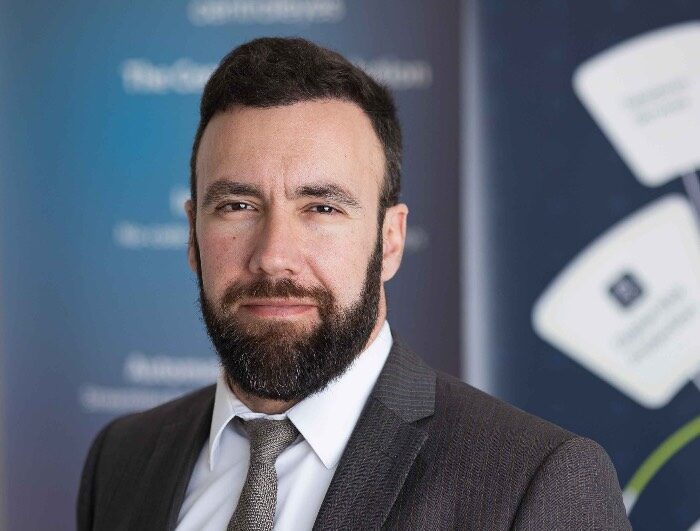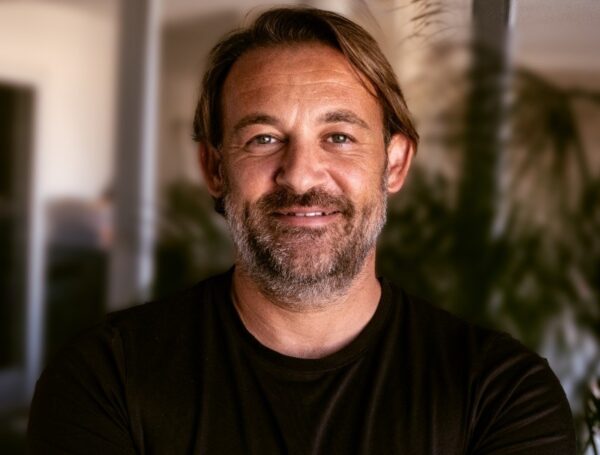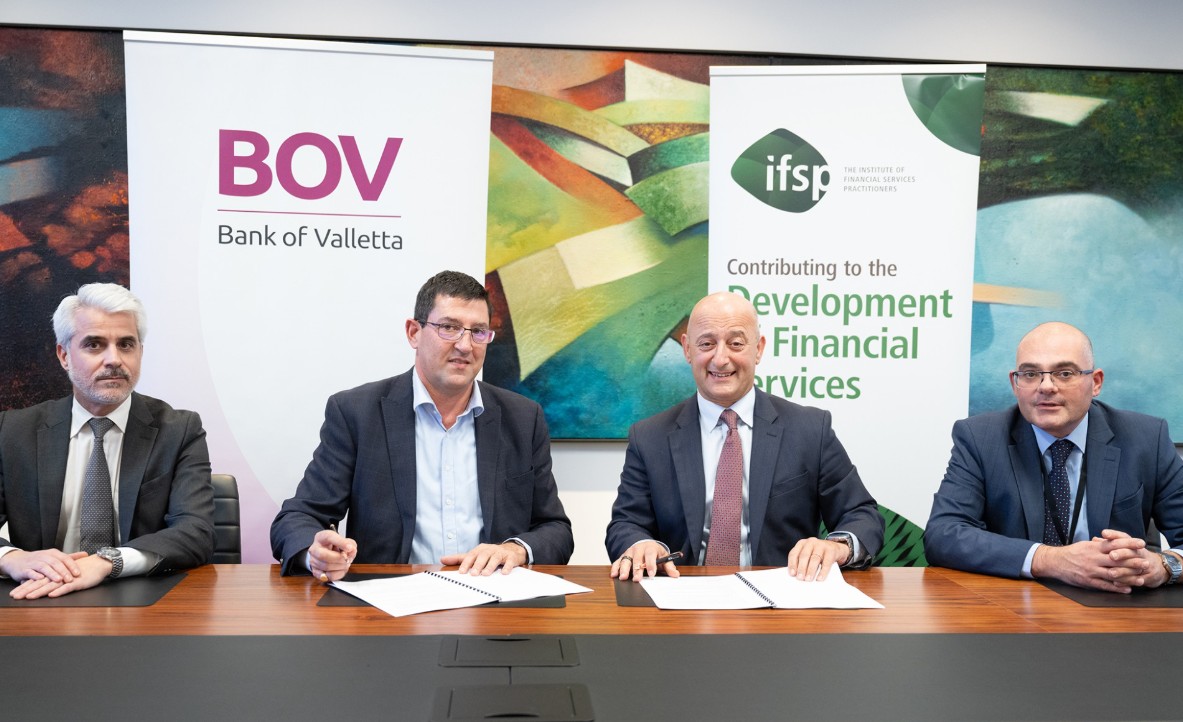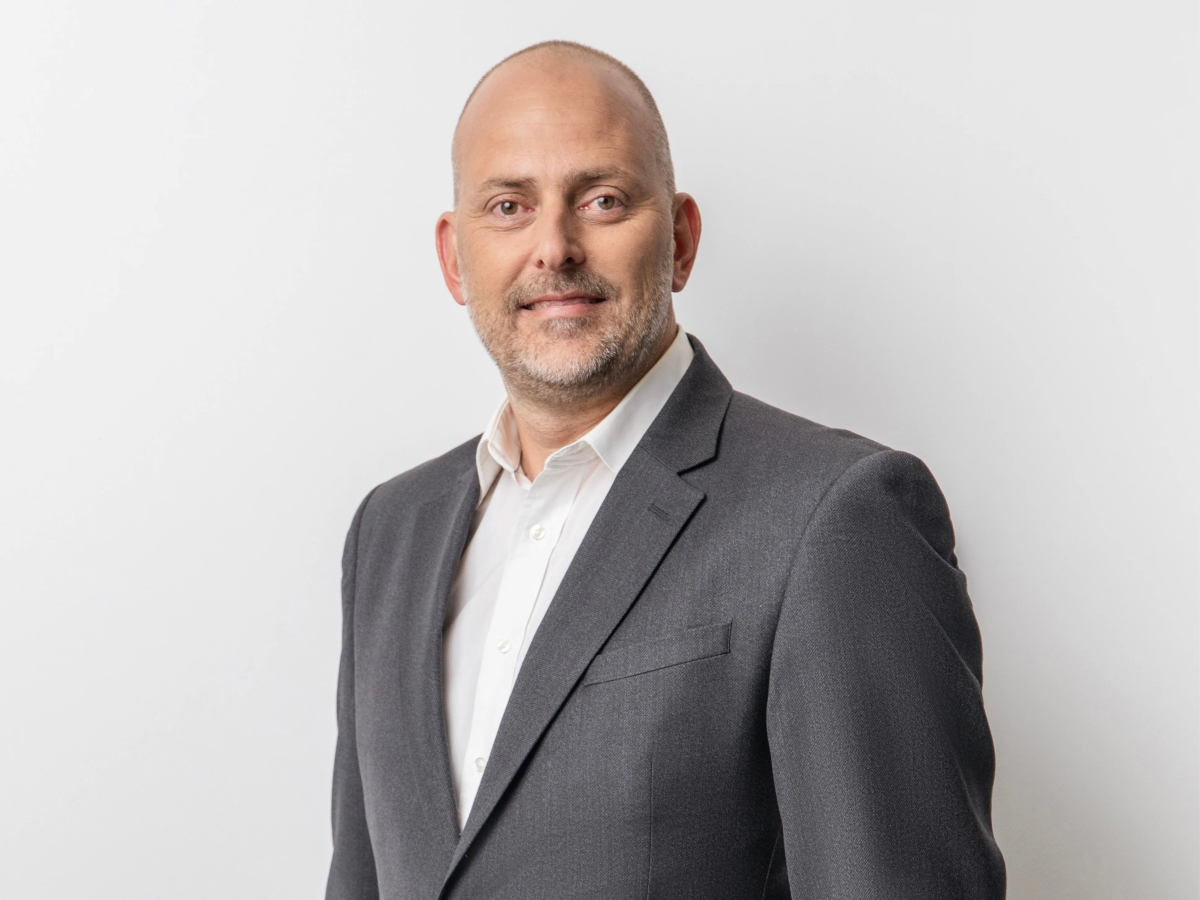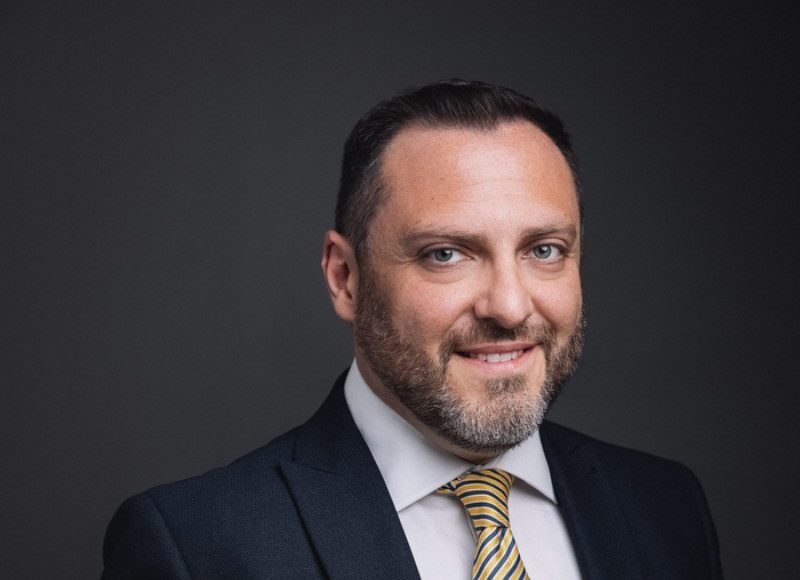In today’s fast-paced business world, the expectation to stay constantly connected has become the norm. For many leaders and professionals, long hours, packed schedules, and a relentless pace can blur the line between productivity and burnout.
But increasingly, voices within the business community are calling for a reset, one that emphasises the importance of stepping away to regain clarity, energy, and perspective.
Jonathan Shaw, Partner at Hatten M&A Advisory and seasoned business leader, recently exemplified this by sharing his experience of a three-week working retreat in Uluwatu, Bali.
His LinkedIn post highlighted the benefits of stepping away to reset and reconnect, focusing on quality time with his family, and emphasised that such a break isn’t about luxury, but about making intentional choices to support personal well-being.
For Mr Shaw, “the capacity to step away and reboot,” isn’t about spending large sums of money, but about making it happen, regardless of budget, even if it means embracing simpler, more affordable options.

“Ideally you don’t restrict budget by cutting the time short: three weeks is the minimum to really reset,” he said.
Mr Shaw also pointed out the common excuses many of us use to avoid taking a much-needed break, such as lacking the finances or believing the timing isn’t right.
“But is there ever a right time?” he asked, acknowledging that for him, it probably wasn’t, having just launched a new advisory company.
He also emphasised the value of asking for help and being open about any concerns, whether that means delegating responsibilities or leaning on someone to take over in your absence. And if taking a break isn’t feasible this year, he suggested planning for the next.
“You’ll hit a hundred obstacles and hear a thousand excuses,” he noted. “The monkey in your head will go wild and go full throttle into ‘can’t do’ mode.”
Mr Shaw closed his LinkedIn post by candidly reflecting on how the words ‘but’ and ‘therefore’ often mark a turning point, something he consciously repeated throughout his message to underline the importance of choosing change.
The Attention Restoration Theory
These reflections are most certainly not new or unheard of.
The Attention Restoration Theory (ART) suggests that exposure to natural environments helps restore the brain’s ability to focus after mental fatigue.
According to the theory, developed by psychologists Rachel and Stephen Kaplan, the key to this restoration lies in “soft fascination” – the effortless attention evoked by natural settings like forests, oceans, or parks.

The theory suggests that spending time in nature helps our minds recover from mental fatigue and boosts our ability to concentrate. In a world that’s increasingly fast-paced and spent indoors, the need for psychological restoration is becoming more relevant than ever.
Unlike urban environments, which demand directed attention and can quickly lead to cognitive overload, nature provides a calming backdrop that allows the mind to recover.
ART identifies four key elements of restorative environments:
• Being away – stepping out of your usual routine
• Extent – feeling immersed in a different, cohesive environment
• Fascination – experiencing effortless attention, often found in nature
• Compatibility – being in a place that aligns with your needs and purpose
Both Mr Shaw’s reflections and the The Attention Restoration Theory, underline a simple truth: sometimes, stepping away is exactly what we need to move forward.
Uluwatu, Bali / Image taken by Jonathan Shaw
BOV CEO: ‘Empowering professionals key to strengthening Malta’s financial services sector’
Kenneth Farrugia said investing in professional development is central to reinforcing Malta’s financial services ecosystem and long-term competitiveness.
Vladimiro Comodini steps down from RSM Malta
He will continue to helps boards and businesses navigate governance, transformation and strategic challenges.
€60 million bond set to ‘accelerate investment pipeline’ – Hili Finance Chairman Geoffrey Camilleri
'The bond will enable the group to pursue strategic opportunities in real estate and hospitality development.'
‘Your past doesn’t disqualify you’: Growth Gurus Founder opens up on quitting drugs
His real wake-up call was the realisation that he was being horrible to his family.




